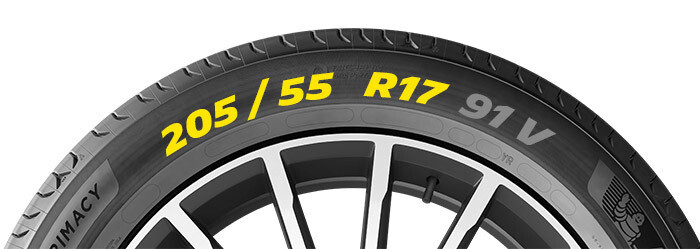The Importance of Car Tires: Safety, Performance, and Maintenance
Car tires are one of the most critical components of any vehicle, yet they are often overlooked until a problem arises. They are the only point of contact between your car and the road, making them essential for safety, performance, and fuel efficiency. Understanding the role of tires, how to choose the right ones, and how to maintain them can significantly enhance your driving experience and keep you safe on the road.
The Role of Car Tires
Tires play a vital role in ensuring a smooth and safe ride. They are responsible for:
1. Traction and Grip: Tires provide the necessary grip to accelerate, brake, and corner effectively. The tread pattern and rubber compound are designed to maintain traction in various weather conditions, including rain, snow, and dry roads.Choosing the Right Tires
Selecting the right tires for your vehicle depends on several factors, including driving habits, climate, and road conditions. Here are some key considerations:
1. Tire Size: Always refer to your vehicle’s owner’s manual or the placard on the driver’s side door jamb for the recommended tire size. Using the wrong size can affect handling, speedometer accuracy, and safety.
2. Tire Type: There are different types of tires designed for specific purposes:
- All-Season Tires: Suitable for most climates and driving conditions, offering a balance of performance and durability.
- Summer Tires: Designed for optimal performance in warm weather, providing better grip on dry and wet roads.
- Winter Tires: Engineered for cold weather, snow, and ice, with deeper treads and special rubber compounds that remain flexible in low temperatures.
- Performance Tires: Ideal for sports cars and high-performance vehicles, offering superior handling and grip at higher speeds.
4. Load Index and Speed Rating: The load index indicates the maximum weight a tire can support, while the speed rating specifies the maximum speed the tire can safely handle. Ensure these ratings match your vehicle’s requirements.
Tire Maintenance Tips
Proper tire maintenance is essential for safety, performance, and longevity. Here are some tips to keep your tires in top condition:
- Check Tire Pressure Regularly: Underinflated or overinflated tires can lead to poor handling, reduced fuel efficiency, and increased wear. Use a tire pressure gauge to check the pressure at least once a month and before long trips. Inflate tires to the manufacturer’s recommended PSI (pounds per square inch).
- Inspect Tread Depth: Worn-out treads reduce traction, especially in wet or icy conditions. Use the “penny test” to check tread depth: insert a penny into the tread with Lincoln’s head facing down. If you can see the top of Lincoln’s head, it’s time to replace the tires.
- Rotate Tires Regularly: Tire rotation ensures even wear across all four tires, extending their lifespan. Most manufacturers recommend rotating tires every 5,000 to 7,500 miles.
- Align and Balance Wheels: Misaligned wheels can cause uneven tire wear and affect handling. Have your wheels aligned and balanced periodically, especially if you notice uneven wear or the vehicle pulling to one side.
- Avoid Overloading: Exceeding your vehicle’s load capacity puts extra stress on the tires, increasing the risk of blowouts. Check your vehicle’s maximum load capacity and avoid carrying excessive weight.
- Store Tires Properly: If you use seasonal tires, store them in a cool, dry place away from direct sunlight. Stack them horizontally or hang them to prevent deformation.
Signs You Need New Tires
Even with proper maintenance, tires will eventually wear out. Here are some signs that it’s time to replace them:
- Tread Wear Indicators: Most tires have built-in tread wear indicators that appear as small raised bars in the grooves. When the tread wears down to these bars, it’s time for new tires.
- Cracks or Bulges: Visible cracks, cuts, or bulges on the tire sidewall can indicate structural damage and increase the risk of a blowout.
- Vibrations or Noise: Excessive vibrations or unusual noises while driving may signal uneven wear or internal tire damage.
- Frequent Air Loss: If you find yourself constantly inflating a tire, it may have a slow leak or puncture that requires repair or replacement.
Conclusion
Car tires are more than just rubber and air; they are a critical safety feature that directly impacts your vehicle’s performance and fuel efficiency. By choosing the right tires, maintaining them properly, and recognizing when it’s time for a replacement, you can ensure a safer and more enjoyable driving experience. Regular attention to your tires not only saves you money in the long run but also keeps you and your passengers safe on the road. Remember, your tires are the foundation of your vehicle—treat them with care!


